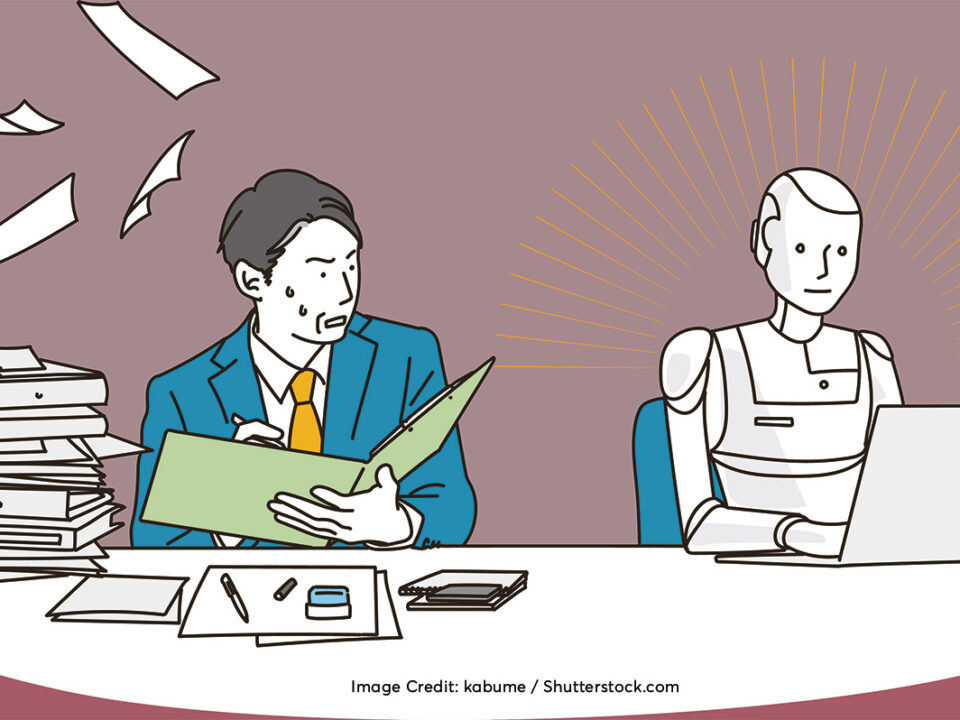International cooperation in vocational education and training (VET): Needs, challenges and potential in the green transition – The example of German-Greek cooperation projects in VET

From a global perspective, the 21st century is characterized by the challenge of asserting civilizational progress and the prosperity of Western societies in the face of the threat posed by environmental destruction, competition for resources, climate change and social injustice. We have to redefine our way of life and our values, because the ecological change creates facts to which we have to adopt. Only economies that respect ecological limits and socially just living conditions can offer societies the opportunity to develop and to prosper. They can only emerge in new framework conditions that are characterised by deep economical, social, technical and cultural transformations, because the old ones were adapted to past paradigms that are no longer valid.
In Europe, the European Green Deal and the common climate goals attempt to set the frame of reference for the transformation. The European countries have to restructure their economies in light of these common goals. On a technical level the green transition requires the transformation of the economy into a CO2-neutral circular economy that counteracts the climate crisis and minimises the consumption of natural resources.
Buzzwords such as energy transition, mobility transition, construction transition, agricultural transition, etc. have to be filled with life. This poses major challenges and changes for VET. European cooperation in VET is particularly important in this context and reveals the potential to use VET cooperation to foster transition processes in different areas of our societies.
Education systems (and thus vocational training systems) play a key role in societal transformations. They are interaction systems and the interface to different social systems for the dissemination of new, practice-relevant knowledge and bring the implementation of this knowledge to the ‘center’ – i.e. to the social structure – of society. They create the conditions for transformative action and the emergence of new values not only semantically but also sociostructural. Vocational training systems are social subsystems that practically implement transformations and initiate transformation impulses to the overall social system. They bear responsibility for the success of the necessary holistic transformation of European societies.
German-Greek cooperation in VET has a long tradition. For almost ten years now, the research institute FIAP e.V. has been cooperating with the German-Greek Chamber of Industry and Commerce and, through its network, with many Greek partners in the field of VET in Greece. This cooperation focusses on the topic of ecological transition and on the question of how VET can contribute to translating existing scientific knowledge about climate-relevant technologies and issues into practical transformation skills in the skilled trades, industry and the service sector. This transformation capability is the prerequisite for the transformation of (local) economies and labour markets. Partners from Germany, such as the DGB education organisation “Arbeit und Leben”, as well as partners from the German skilled trades sector, complement the projects with their perspectives.
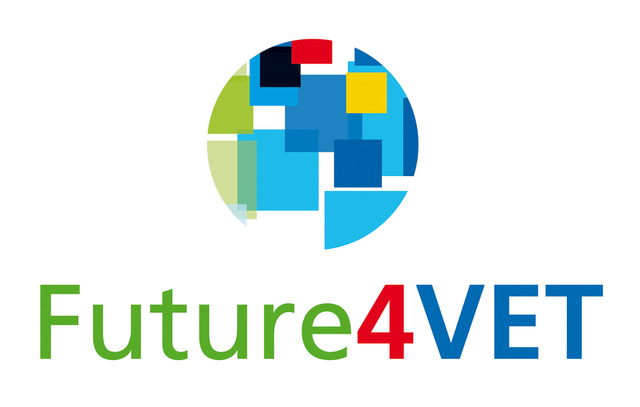
The current Future4VET project is an important example to show how cooperation in VET can contribute to prepare social systems for transformation.
It is directly linked to the new Memorandum of Understanding of June 2021 between the Federal Ministry of Education and Research and the Hellenic Ministry of Education and Religious Affairs and intends to shape and implement the objectives of German-Greek VET cooperation on a system level.
Future4VET relies on intensive cooperation with the Greek Ministry of Education, which formed three working groups for the project, and the Greek social partners, who form a further, implementing working group. The project creates new dialogue structures among these stakeholders in Greece. In a co-creative, dialogue-based process, proposals for action are developed for the Central Council of Greek VET in order to adapt Greek VET to the requirements of the transformation. This involves systematic processes to identify new skills requirements in regional markets, to implement these in new training programmes, the cooperation of social partners, companies, vocational trainers and academics in the design of new training courses and the integration of transdisciplinary skills that are required in new labour markets. German best practices are used as teaser and are adapted by the Greek partners. Innovation impulses that arise in the discussion radiate back to the German system. The project creates new networks in both countries and changes the structures of social dialogue.
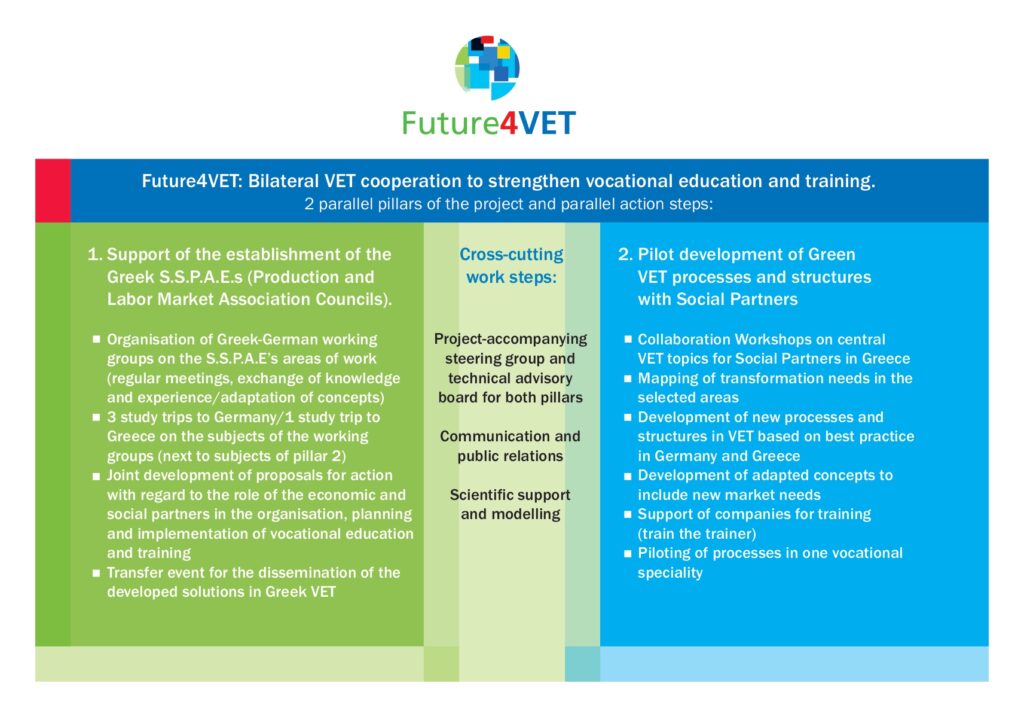
There are three other projects which have different approaches but support the same goal: the GreenVOCnet and GRÆDUCATION project (from which FUTURE4VET emerged) realised with the Greek employment agency and the GreenTecLab project. For all projects see: https://fiap-ev.org/
All the projects mentioned contribute to initiating necessary transitions in the VET system and in all neighbouring areas of society and to shaping them in a socially acceptable way. They contribute to foster social transition in reducing unemployment and offering green career options to employees.
More information about the FUTURE4VET: https://fiap-ev.org/future4vet/
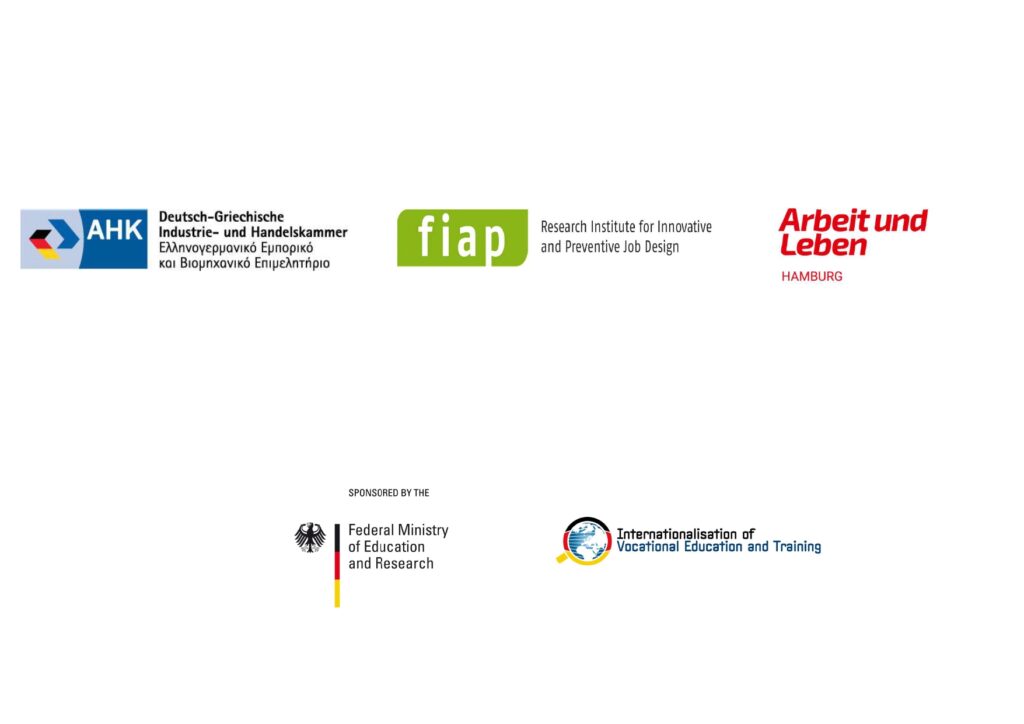
-
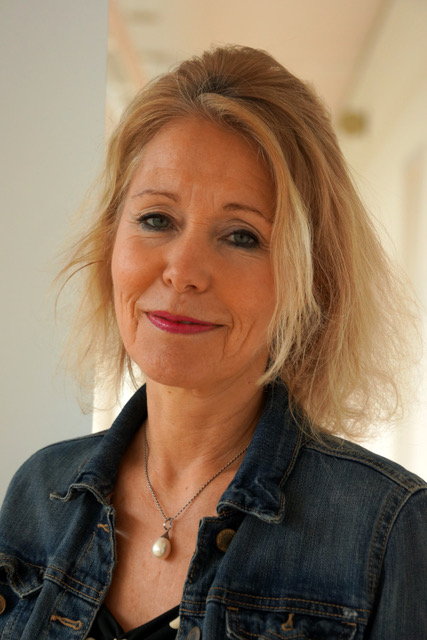 Silke Steinberg
Silke Steinberg
Managing Director of FIAP e.V.



